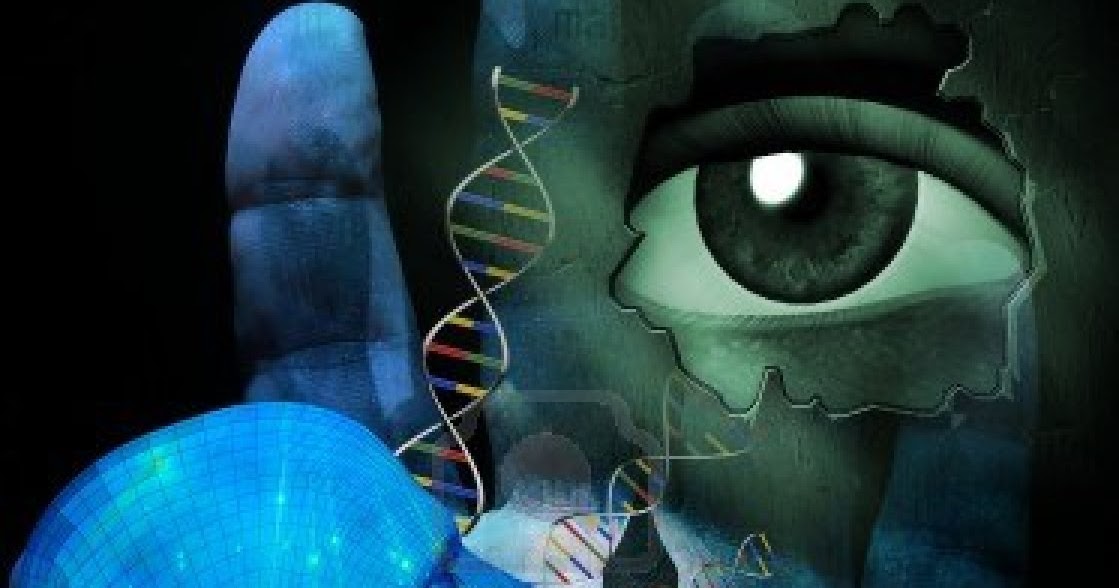According to gene-centered biology, everything must be controlled by a gene. Not just biological functions, but everything: diseases, obesity, aging, intelligence, homosexuality, learning difficulties, wealth, and behaviors must all be explainable only by genes. Before the Human Genome Project, it was estimated that there must be around a million different genes to deterministically govern all biological phenomena (and those presumed to be biological) in a complex organism like a human. The project’s completion in 2001 marked a milestone; we now live in the post-genomic era. One of the major outcomes of this project was the discovery that humans have only around 20,000 genes. Yet even a unicellular organism visible under a microscope can have 5,000 to 6,000 genes, which raises a significant question: how can human biology be regulated by such a small number of genes?
To resolve this problem, a new concept/sub-discipline called systems biology was proposed. Inspired by the Aristotelian motto “The whole is greater than the sum of its parts,” this holistic approach to biology essentially challenges the reductionist programme. In systems biology, biological systems (such as groups of genes, gene-protein-RNA clusters) are modeled as interconnected networks and studied as integrated wholes. This approach resolves many issues where reductionist biology has reached a dead end.
For example, under a strict gene-function reductionist model, we would expect a fourfold difference in biological complexity between an organism with 20,000 genes and one with 5,000 genes. However, the difference in functional complexity between humans and unicellular organisms is far greater than fourfold. In systems biology, we can associate biological functions not with individual genes, but with combinations of gene sets. Mathematically, the number of unique gene set combinations that can be made from 20,000 genes (220,000) is almost infinitely greater than from 5,000 genes (25,000). So, from the systems biology perspective, the unexpectedly low number of genes in humans poses no problem at all.
When comparing individual human genomes, genetic similarity is over 98%. Even when comparing humans and chimpanzees, the similarity is still around 95%. Within gene-centered biology, it is difficult to explain how such similar genetic material can produce such significant differences. However, if we shift to the systems biology paradigm, and simply model the patterns of DNA-to-RNA conversion as an interaction network, the similarity between human and chimpanzee networks drops to around 60%. The puzzle begins to resolve itself.
All of this shows that the genome (that is, DNA, or genes) in isolation, and used in a strictly reductionist way, struggles to explain biological functions and processes — whereas a holistic perspective is significantly more successful.
Is there any scientific problem with this? That depends on how one defines science. If you frame science as an ideology shackled to materialist/atheist doctrine, then yes — there is a serious problem. As I pointed out in my previous essay, for this ideology, reductionist biology is a necessity. Systems biology, however, stands in direct opposition to this paradigm. Because the moment you speak of a “something” that makes the whole more than its parts — something that cannot be explained by the parts alone — that “something” potentially opens the door for the return of God into the picture. It becomes increasingly difficult to reconcile that “something” with a gradual, random, evolutionary-materialist narrative.
In the post-genomic era, theoretical biologists have split into several camps. One group still clings to the rigid positivist, gene-centric model — with no scientific justification — resisting change for fear that it may conflict with their a priori assumption that there is no God. Another group seeks to reconcile systems biology with materialism; they do not resist the greater explanatory power of systems biology, but they naively attempt to sweep the conflict between their ideology and science under the rug. A third group has surrendered to postmodern deconstruction and fallen into an unknowable, nihilist stance. Those seeking a fourth path (such as the late Teoman Duralı) have yet to offer a detailed theoretical alternative.
A few weeks ago, I attended an online seminar where a professor in the U.S. argued that a paradigm shift is needed in cancer research. He claimed that focusing solely on DNA to identify causes and targeted treatments is an incomplete approach. He emphasized that tumor cells do not remain in fixed “states,” and can change depending on environmental factors. The fact that cells with identical DNA can behave differently under different conditions forces cancer research to move beyond the gene-centric paradigm. That seminar was just one example; across all medical research — from cancer to metabolic disorders, chronic immune problems, and cardiovascular diseases — the field is shifting away from the gene-centered paradigm toward one that is more personalized and more attentive to the dynamic influence of the environment.
Expanding on the role of environment and tying it back to the title… well, that will have to wait for the third essay.


